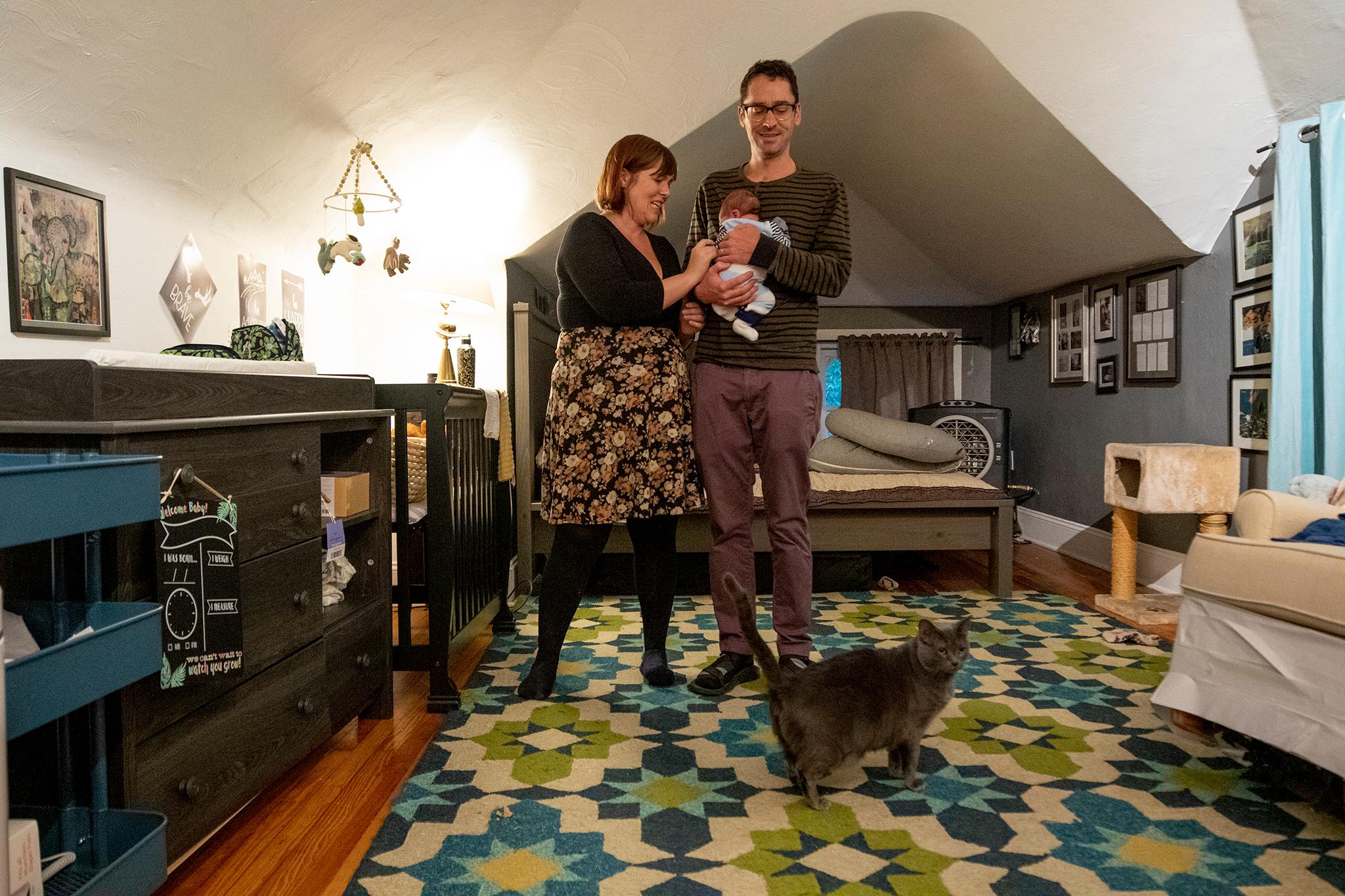After months of sometimes heated public discussion about changing Denver's rules on who can share a home, an advisory committee has walked back its proposals.
The proposed zoning code amendments first presented to the public earlier this year included increasing the number of adults who aren't related to one another who can legally share a single-family home from two to at least eight, with more allowed in larger homes. At a meeting held via video conference Wednesday, the volunteer Group Living Advisory Committee adopted a recommendation from city staff to change the proposal to make it up to five unrelated adults that could share most homes, and larger homes could harbor as many as 10.
City planners had said the number eight was initially proposed because state law on group homes designates that such facilities that are home to no more than eight must be treated like any other household. The number five was more in keeping with limits set by Denver's neighbors, staff said Wednesday.
City staff will continue to measure the public's reaction through meetings with neighborhood groups. More changes are possible before the proposals are voted on by City Council, likely in August or September.
The changes have been portrayed in part as a way to make more Denver neighborhoods accessible to low- and moderate-income earners. Allowing people to pool their resources to buy or rent a home they would not be able to afford individually makes the city a fairer place, the thinking goes. One example was given by a member of the public: "Allowing unrelated people, especially single moms w/ kids, to live together could help reduce homelessness and loneliness at relatively little cost."
That view can be found among the nearly 300 emails and more than 200 comments at public forums the city has received about the proposal as of last month. City staff said about 88 percent of the comments were in opposition to various aspects of the proposal, particularly those concerning household makeup and regulations around halfway houses and other residential care facilities.
An example from the opposing camp: "If you want this change to allow people who cannot afford housing let them in your neighborhood, NOT mine. This will bring crime and antisocial behavior into neighborhoods where decent people who worked hard to buy their homes live. It will drastically reduce property values and change the character of good neighborhoods."
According to city staff, about 550 people attended the forums. Of the 349 attendees who volunteered demographic information, 85 percent were white and more than half were between the ages of 55 and 74.
Sarah Wells, a member of the Group Living Advisory Committee who shares a Capitol Hill home with other adults, said she hoped City Council in the next few months would hear from a wider range of Denverites, and "from more people that are supportive of group living as a means to accessible housing."
During Wednesday's meeting, Bill Rutherford, who has represented the Southmoor Park West neighborhood organization during two years of advisory committee discussions, proposed capping the number of adults who can share a home at four. Saying he was conveying the opinions of his neighbors, Rutherford said allowing as many as 10 was "just a huge jump."
Rutherford also raised a concern that the group living proposals took on too much. In addition to changes to how many adults can share a household, the proposals touch on shelters, senior living facilities and halfway houses.
"This really has grown into a giant proposal," Rutherford said.
The committee on Wednesday also reconsidered its earlier recommendation on where halfway houses could be located in the city. By increasing the lot size for a halfway house, the committee ensured that such facilities would not be allowed in many places because large lots are scarcer. While the discussion during the meeting focused on halfway houses, other group living facilities such as homes for seniors would have to follow the same rules.













